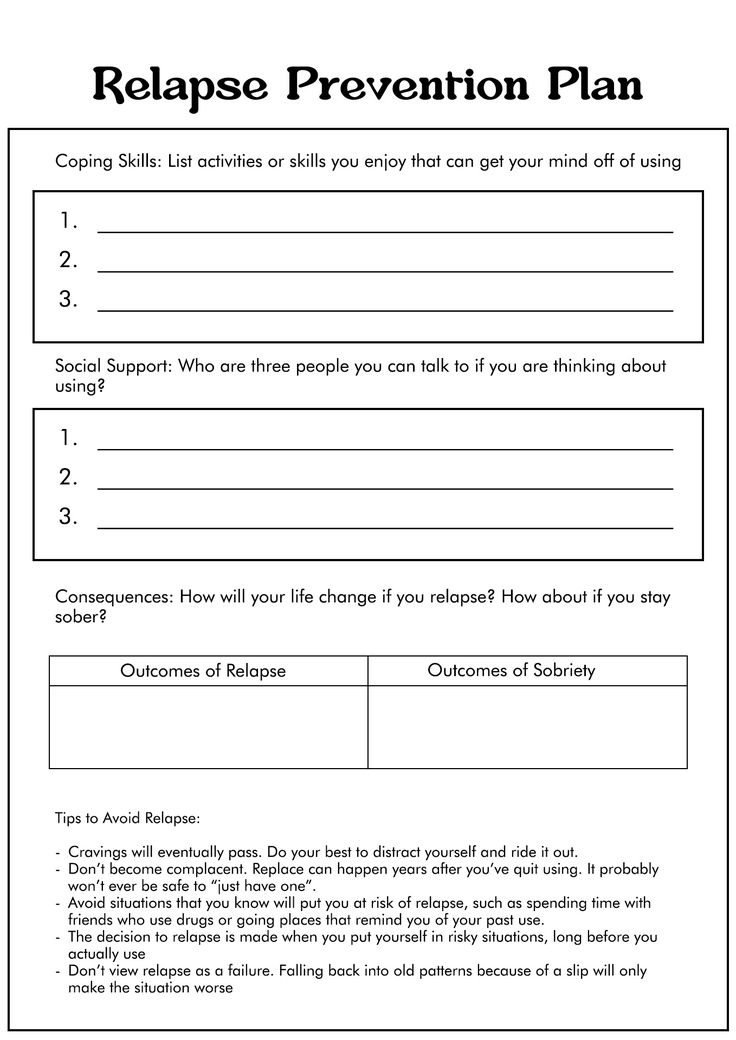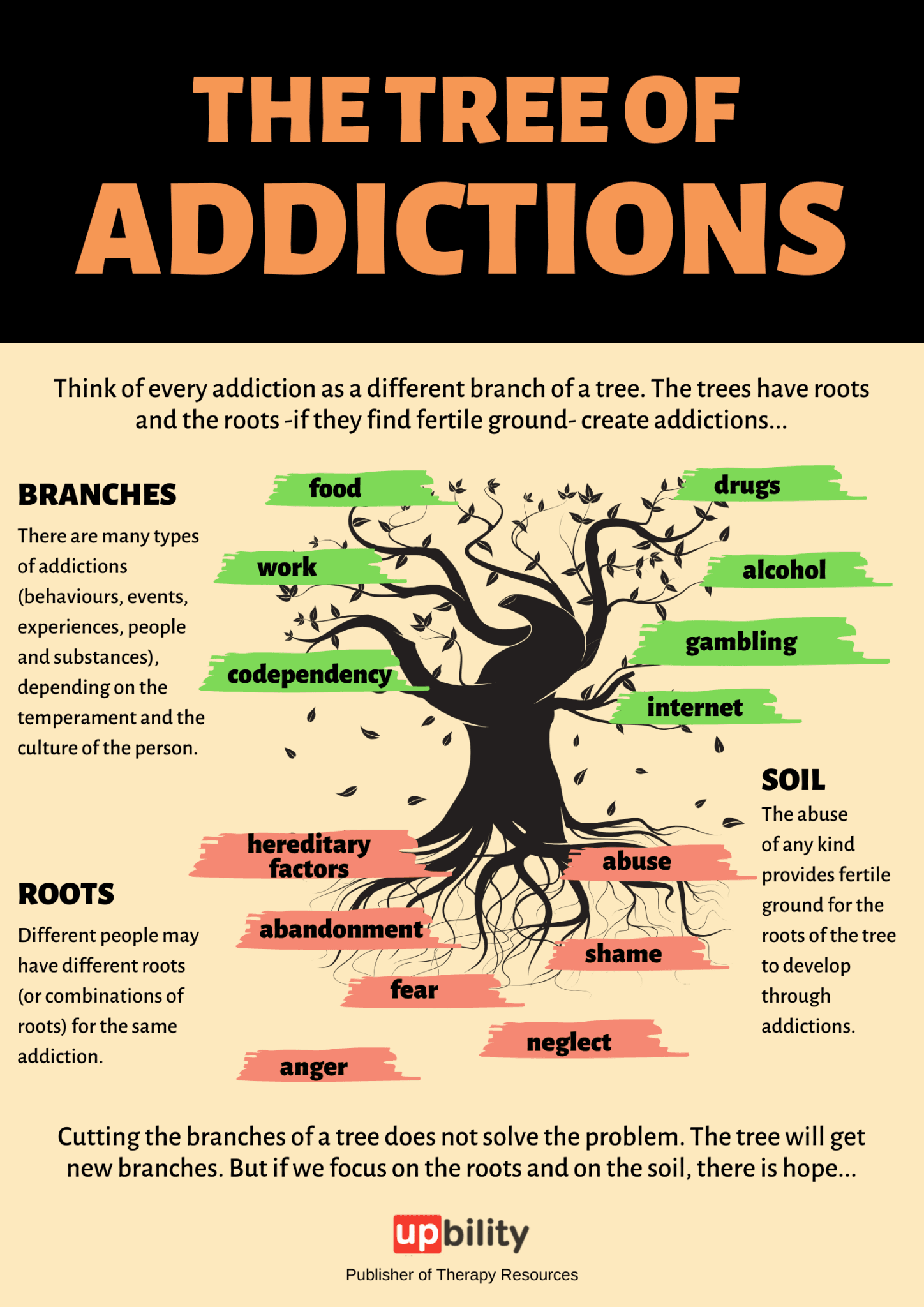5 Essential Worksheets for Addiction Recovery Groups

In addiction recovery, worksheets can be powerful tools, not only for individual therapy but also for group settings where sharing and support are pivotal. Here, we delve into five essential worksheets designed to foster deeper understanding, encourage personal growth, and enhance group dynamics in addiction recovery environments.
The Journey Mapping Worksheet

The first worksheet is the Journey Mapping Worksheet. This activity involves participants creating a visual timeline of their life experiences, focusing on:
- Their journey into addiction.
- Key events leading to substance use.
- Crucial moments of realization and recovery milestones.
Each group member presents their map, promoting:
- Empathy.
- Mutual understanding.
- Personal reflection on how past experiences shape current recovery efforts.
🚀 Note: This worksheet not only helps individuals visualize their recovery journey but also fosters a supportive group environment by sharing and understanding each other’s stories.
Triggers and Coping Strategies Worksheet

Identifying and managing triggers is crucial in recovery, which is why the Triggers and Coping Strategies Worksheet is a must-have. This worksheet includes sections for:
- Listing personal triggers.
- Noting emotional, environmental, or situational cues that lead to relapse thoughts.
- Developing coping strategies for each identified trigger.
Here’s a simple layout:
| Trigger | Coping Strategy |
|---|---|
| Loneliness | Call a friend or engage in a hobby |
| Stress at Work | Deep breathing exercises, meditate |

Emotional Intelligence Worksheet

Recovery often hinges on emotional self-awareness. The Emotional Intelligence Worksheet helps participants:
- Identify their emotions.
- Understand how these emotions relate to their addiction.
- Develop empathy for others in the group.
Key components of this worksheet include:
- Feelings identification charts.
- Scenarios for group discussion on emotional reactions.
- Prompts for journaling emotional responses and their impact.
Relationship Dynamics Worksheet

Addiction impacts relationships significantly. The Relationship Dynamics Worksheet focuses on:
- Mapping key relationships and their current state.
- Understanding how substance use affected these relationships.
- Strategies for rebuilding trust and fostering healthier connections.
Personal Growth Plan Worksheet

The final worksheet, the Personal Growth Plan Worksheet, is about looking forward. Here, participants are prompted to:
- Set long-term and short-term recovery goals.
- Identify resources and support systems needed for personal development.
- Create a structured plan with action steps and timelines.
This worksheet acts as a roadmap for:
- Personal responsibility.
- Continuous improvement.
- Accountability in the recovery journey.
Integrating these worksheets into group sessions can significantly enhance the recovery process. They provide structure, encourage introspection, and cultivate a community of support. Remember, recovery is not just about avoiding relapse; it's about building a new life. These tools aid in that transformation, focusing on understanding oneself, managing triggers, improving emotional intelligence, nurturing relationships, and setting personal growth goals.
How often should these worksheets be used in group sessions?

+
It’s advisable to integrate these worksheets regularly but not overwhelm the group. Typically, once or twice per session could suffice, ensuring each member has the opportunity to reflect, engage, and share.
Can these worksheets be used for individual therapy?

+
Yes, these worksheets are versatile. While designed for group interaction, they can be adapted for individual therapy, promoting self-reflection and personal growth goals.
Are there any digital versions available?

+
Many recovery resources offer digital versions of these worksheets for ease of use, accessibility, and the ability to save progress over time.



